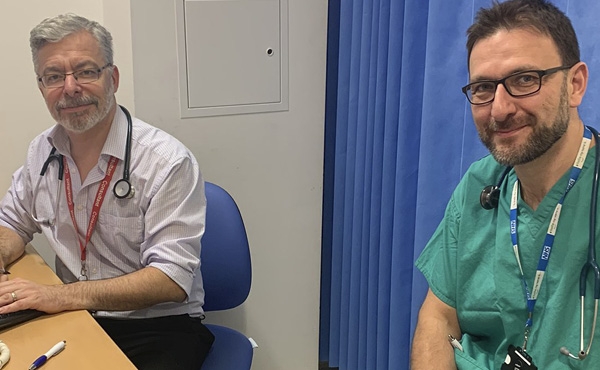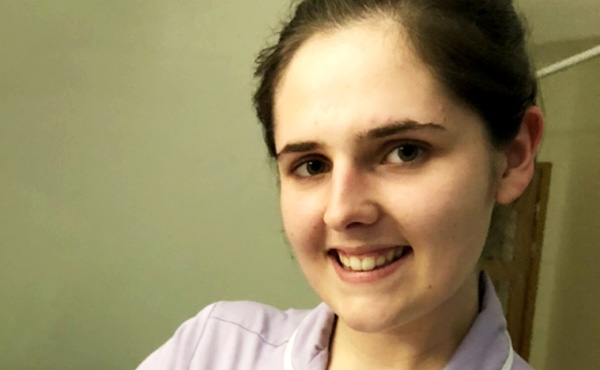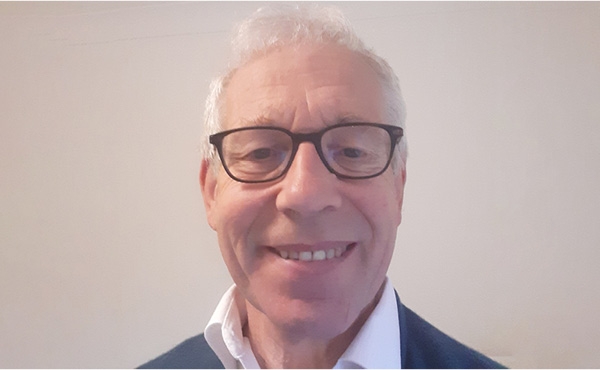Surgeons and anaesthetists
A surgeon’s most important professional relationship is with their anaesthetic colleagues. The difference between a relaxed happy surgeon, and a worried, tetchy one, is an anaesthetist they know and trust on the other side of the blood brain barrier.
"As a surgeon I have learned a lot from my anaesthetic colleagues.
"When I was a casualty officer I learned to be eternally grateful to the anaesthetic senior registrar who intubated a patient with a serious head injury whom I was struggling to manage.
"When I was a surgical SHO I learned that consultant anaesthetists have limited patience and if I didn’t close the skin expeditiously the patient was likely to begin to move!
"As a registrar I realised that my consultant really should mention to the anaesthetic consultant when he was about to clamp or unclamp the aorta. One particular anaesthetist would sometimes assume yoga poses; I assume to calm himself.
"Operating on ruptured aneurysms myself I quickly appreciated that whether a patient survived or not was as much dependent upon the anaesthetist’s skill as my own.
"As a consultant I have confirmed what I have known all along, which is that a surgeon’s most important professional relationship is with their anaesthetic colleagues. The difference between a relaxed happy surgeon, and a worried, tetchy one, is an anaesthetist they know and trust on the other side of the blood brain barrier."
Susan Hill, Consultant Vascular Surgeon at University Hospital Wales



